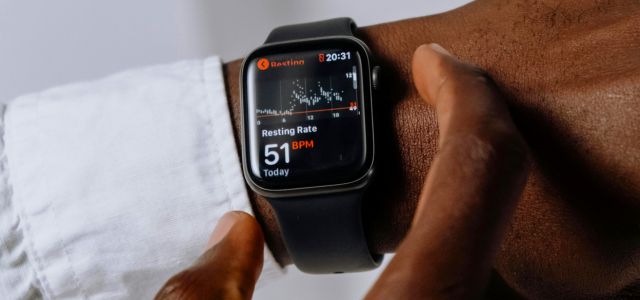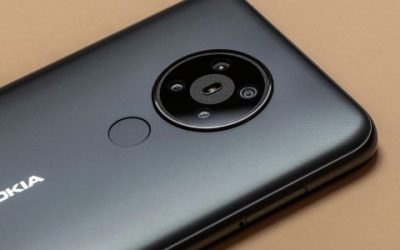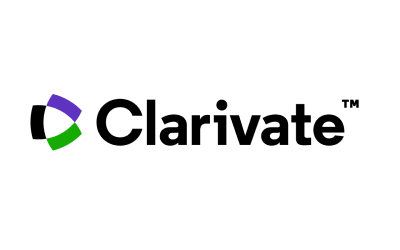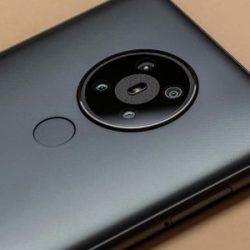Why would a trillion-dollar company leading the smartwatch market challenge a barely known watch? In this case, Apple sued Masimo for patent infringement, targeting its health watch which has negligible sales.
In October 2024, a Delaware jury ruled that Masimo’s watch infringed on two of Apple’s design patents, awarding Apple a mere $250, less than the cost of an Apple Watch. This case is not about the competition in the smartwatch market, it is a strategic response to an earlier patent case that banned Apple from using Masimo’s pulse oximetry technology.
Masimo’s ITC complaint
Masimo is renowned within the medical community for its pulse oximetry technology.
The dispute started when Masimo accused Apple of poaching its employees and stealing its pulse oximetry technology in the guise of partnership, resulting in a lawsuit over 12 patents, which ended in a mistrial.
The conflict escalated when Apple introduced pulse oximetry in its Series 6 Watch in 2020. Masimo quickly and tactically filed continuation patent applications with claimed features resembling those in the Apple Series 6 Watch, which were later granted.
In June 2021, just three months after securing these patents, Masimo filed a complaint with the International Trade Commission (ITC), alleging that the Apple Series 6 Watch infringed upon five of its pulse oximetry patents, requesting a ban on its import and sale. The ITC found that Apple had infringed upon two patents – 10,912,502 and 10,945,648. Both of these patents described a “user-worn” device with multiple LEDs and photodiodes arranged to capture physiological data and a design minimizing ambient light interference.
Masimo had to navigate a hurdle: the ITC requires a US domestic industry for a valid complaint. Masimo is historically a medical device company and lacked a health watch industry in the US. To overcome this, Masimo launched its own watch called the W1 after its ITC complaint, a move Apple described as a “sudden pivot.”
Apple unsuccessfully tried to invalidate these patents through an inter partes review (IPR) filed in July 2022.
In January 2023, the Patent Trial and Appeal Board (PTAB) ordered that there would be no trial, strengthening these patents. Masimo secured a victory, resulting in an import and sales ban on Apple Watches with pulse oximetry in October 2023. Subsequently, Apple removed pulse oximetry technology from its watches sold in the US, a significant setback that persists.
Apple’s complaint against the W1
In October 2022, Apple filed a complaint against the W1 in Delaware, accusing it of infringing its design & utility patents. The W1 had insignificant sales in the US, posing no immediate threat to Apple’s watch market. Apple also highlighted in its complaint that Masimo even “lacked the consumer distribution channel” to sell its product.
Apple’s lawsuit against the W1 was likely to acquire an injunction to show Masimo has no domestic industry, which would prevent a ban on its own watches.
The design patents of Apple involved in the case are D883,279 (watch), D947,842 (watch), and D735,131 (charger). In its complaint, Apple claimed that the W1 and its charger are strikingly similar to those in its design patents, potentially confusing an ordinary observer.
The utility patents of Apple involved in cases 10,627,783, 11,474,483, and 10,987,054 illustrate Apple’s integration of biosensors and health-tracking features in smartwatches.
In response, Masimo launched an updated version of the W1 with slight design tweaks and discontinued the original W1. It also revealed another watch, Freedom.
In the October 2024 verdict, the jury concluded that Masimo’s discontinued W1 and its charger infringed on patents D947,842 & D735,131, but not the updated W1 or Freedom watch, and the infringement was willful.
Apple was not able to obtain a favorable verdict on any utility patent.
The court awarded just $250 to Apple, which is the statutory minimum for infringement in the US.
Conclusion
Masimo’s patents won at the ITC, while Apple’s design patents won against Masimo’s older W1 watch – this will not reverse the ban on its watches.
Apple’s options are open. Apple could shift its watch production to the US, but it’s a long road ahead as most of its suppliers are still in China. It could simply wait for the patents to expire in August 2028, continuing without pulse oximetry, but it’s too lengthy in a fast-paced industry.
In its Federal Circuit appeal, Apple could argue that Masimo’s original watch was not market-ready during the ITC complaint filing, which is also a lengthy process.
Masimo appears open to licensing these patents, but Apple seems to be developing a workaround to include pulse oximetry in its upcoming watches.
While Masimo’s watches do not have the recognition of other leading brands, the buzz from this case could help them to stand out more.
As the industry waits, only time will tell!

Written by Jameer Ahamed
Indian Patent Agent, Dolcera
You may also like…
FRAND compliance and conditional injunctions: key lessons from China’s VoiceAge v. HMD SEP decision
Case background and conditional injunctions A recent ruling by the Fuzhou Intermediate People’s Court has drawn...
Clarivate delivers new AI-powered solutions within Innography for competitive benchmarking and standard-essential patent analysis
AI Classifier delivers patent classification with up to 97% first-pass accuracy for portfolio benchmarking, while SEP...
New Minister appointed with responsibility for intellectual property
The UK Intellectual Property Office (UKIPO) CEO has welcomed the new Minister. Kanishka Narayan MP has been confirmed...
Contact us to write for out Newsletter













